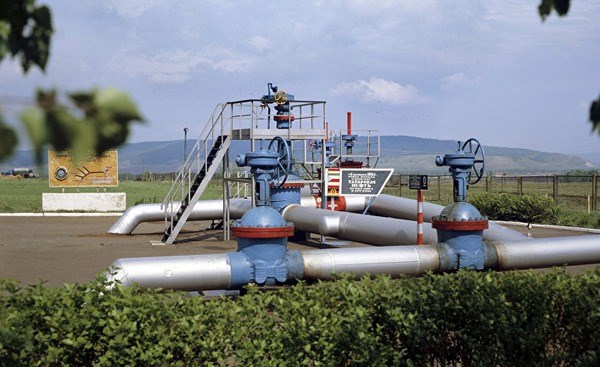Belarus loses at least $100 million due to poor quality oil from Russia
Belarus has partially resumed its exportation of light oil products to Ukraine, Poland and the Baltic states, after being forced to suspend it due to poor quality oil from Russia. However, its losses have already exceeded $100 million.
“We are now assessing the losses we have experienced in April. At present, they are in the region of $100 million in terms of lost revenue from oil products,” commented Vladimir Sizov, deputy head of the Belarusian state oil concern Belneftekhim on Thursday 25 April.
That same day, the exportation of light oil products, such as petrol, kerosene and diesel, to Ukraine and Poland was partially resumed, Sizov noted. He added that representatives of the Russian oil transport monopoly Transneft would arrive in Minsk on 26 April to discuss the oil quality problem.
On 23 April, Belarus was forced to suspend its shipments of light oil products due to a sharp decline in the quality of the Russian oil arriving at the country’s refineries. The Mozyr and Naftan refineries were forced to reduce their output by nearly 50%. The Mozyr refinery reported that the contaminated oil had caused expensive equipment to malfunction. The poor quality has also been observed by Poland, which receives oil from the same source through the Druzhba pipeline.
Late in the evening on 24 April, the Belarusian pipeline operating company Gomeltransneft Druzhba was forced to suspend its transportation of Russian oil to Europe indefinitely after the operator of the Polish stretch of the pipeline said that refineries in Poland and Germany could not accept or process oil with such indicators.
The Russian company Transneft investigated the incident and discovered that the contamination originated in the Samara – Unena stretch of the pipeline. The company has promised to rectify the situation over the course of the next few days.
Citing the crisis in Belarus, the Ukrainian company Consulting Group A-95 has begun looking for alternative sources of oil products.
The Belarusian company Belneftekhim detected the drastic decline in the quality of the oil arriving from Russia as early as 19 April. The company claims that the chlorine content of the Urals oil is ten times higher than the standard.
